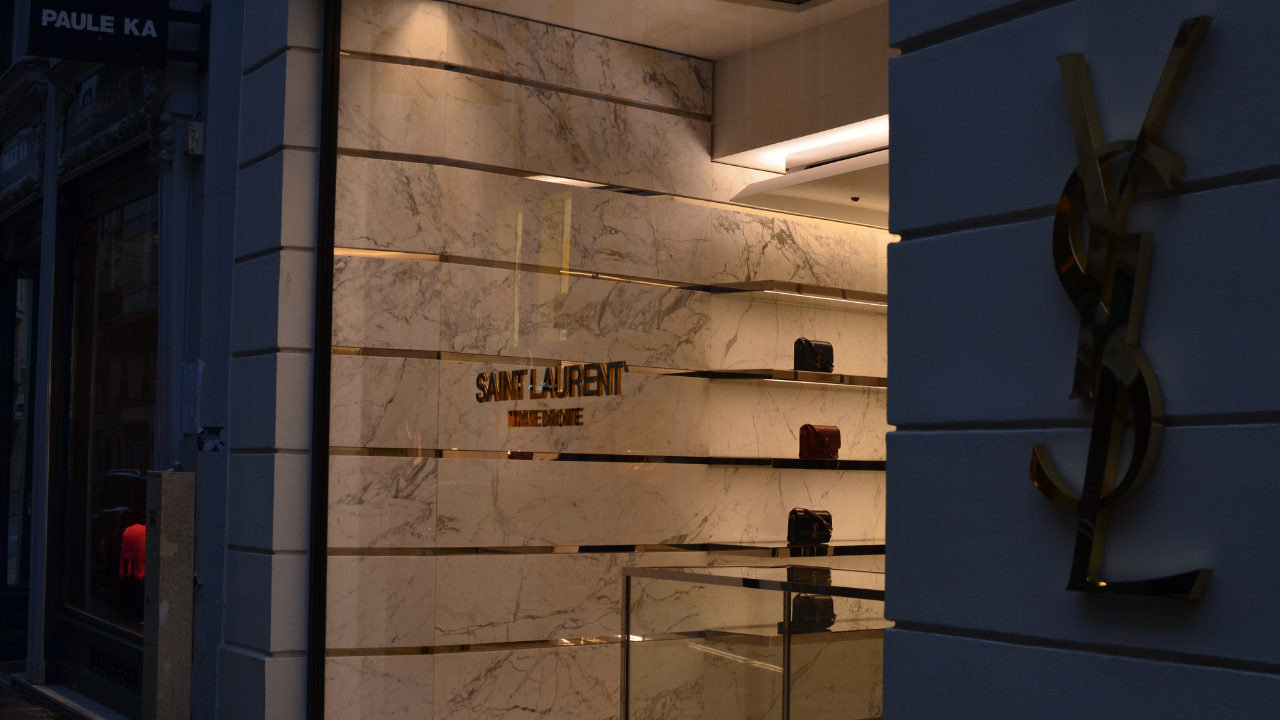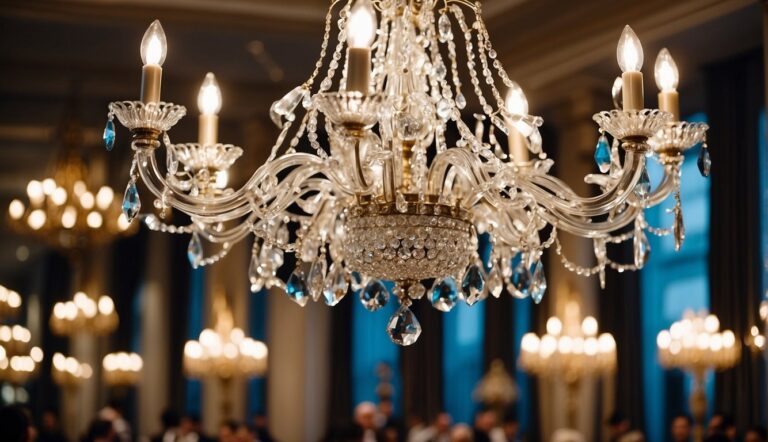Which Luxury Brands Are Not Owned By Kering?
Notable luxury brands not owned by Kering include Chanel, Rolex, Hermes and Prada and there are a whole slew of brands owned by LVMH that are Kering’s competitors as well. This is definitely a huge topic because Kering is a huge industry player that owns the luxury brands Gucci, Balenciaga, Bottega Veneta, Yves Saint Laurent, Creed, and Alexander McQueen. They’ve continued to expand over the years, acquiring more and more luxury brands creating a universe of prestigious luxury brands that work in unison, but there are a few brands that still operate independently, standing tall amongst their peers.
Although Kering’s luxury brands have maintained the luxury space well, having independently run luxury brands is important to allow for diversification of luxury style and maintain their own unique take on what couture means in the global luxury market.
Key takeaways
- Independent luxury brands enrich industry diversity and innovation.
- They maintain unique identities and offer authentic luxury experiences.
- Their autonomy influences global luxury trends and industry dynamics.
Understanding Kering’s Portfolio
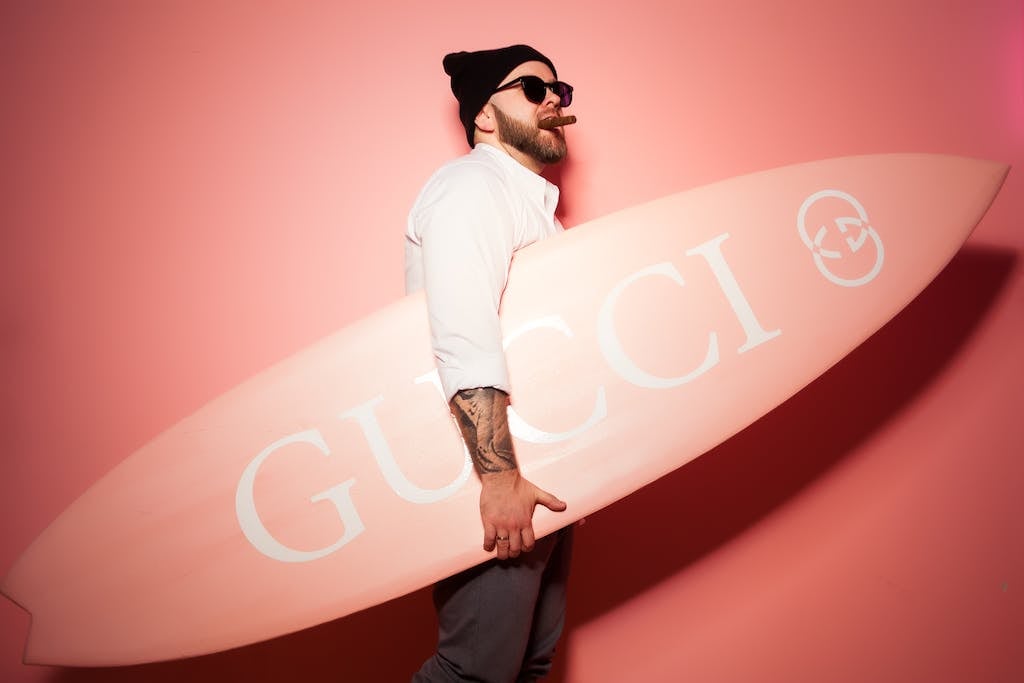
A Quick Look at the Brands Owned by Kering
Kering, a global luxury group, has reshaped the fashion industry with its diverse array of high-end brands. Founded in 1963, Kering has evolved into a powerhouse, known for its emphasis on modernity and innovation. The conglomerate owns several renowned names, including Gucci, Saint Laurent, Bottega Veneta, Balenciaga, and Alexander McQueen. Each brand under Kering’s umbrella maintains its unique identity while benefitting from the group’s extensive resources and expertise in luxury, lifestyle, and sports.
Gucci, perhaps the most iconic of Kering’s brands, is a symbol of Italian craftsmanship and contemporary glamour. Saint Laurent, another major name, continues to be a trailblazer in the world of fashion, combining modern elegance with a rebellious edge. Bottega Veneta is celebrated for its exquisite leather goods, emphasizing discreet luxury rather than overt branding. Balenciaga, under Kering, has transformed into a leader in avant-garde fashion, while Alexander McQueen remains a bastion of bold, artistic expression.
The Business Model and Philosophy of Kering
Kering’s business model is anchored in sustainability and responsible luxury. Under the leadership of CEO François-Henri Pinault, the group has committed to a creative and sustainable approach, setting ambitious environmental targets. Kering emphasizes organic growth, focusing on strengthening its existing brands rather than aggressively expanding its portfolio.
The group’s philosophy centers around empowering its brands to express their individual identities while fostering a culture of innovation. Kering provides a platform for creative directors to flourish, encouraging them to push boundaries and redefine luxury. This approach has allowed Kering’s brands to stay at the forefront of fashion trends while maintaining their distinctiveness.
Kering’s commitment to sustainability is evident in its operations. The group strives for a positive impact on the environment, setting a precedent in the luxury sector. Kering’s sustainability roadmap includes targets for reducing carbon emissions, sustainable sourcing, and ensuring ethical supply chains.
Kering’s portfolio is a testament to its strategic approach to luxury brand management. By nurturing individual brand identities, fostering innovation, and committing to sustainability, Kering stands as a visionary leader in the global luxury market.
Spotlight on Independent Luxury Brands
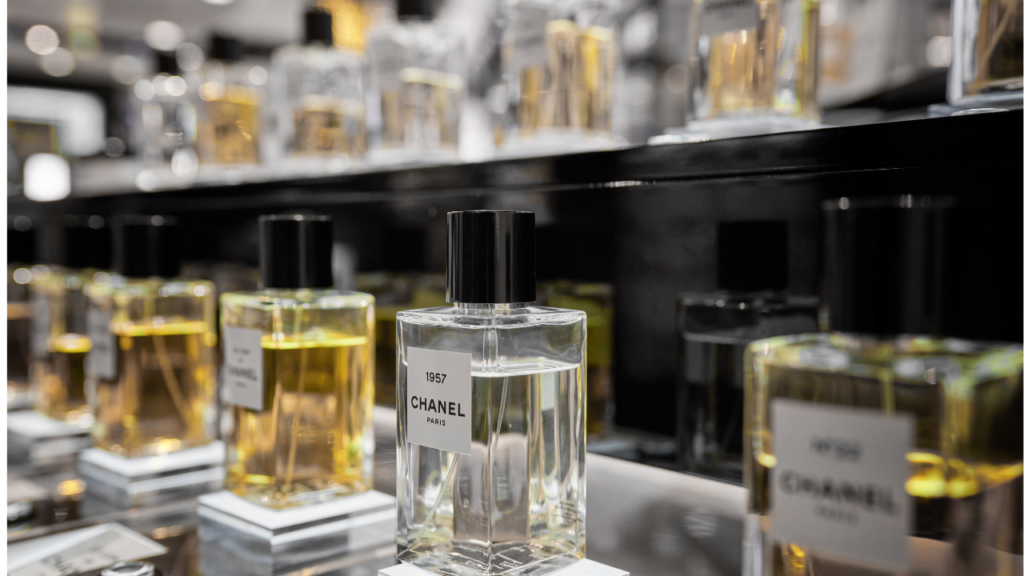
Chanel
Chanel stands as a paragon of luxury, independence, and fashion innovation. Founded in 1909 by Gabrielle “Coco” Chanel, it remains privately owned, predominantly by the Wertheimer family, who have been stewards of the brand since the 1920s. This enduring family ownership has allowed Chanel to maintain a high degree of autonomy, steering clear of the conglomerate model epitomized by entities like Kering.
The Chanel Legacy: Coco Chanel revolutionized women’s fashion by introducing elegance combined with comfort, famously creating the iconic Chanel No. 5 perfume and the timeless Little Black Dress. Today, Chanel continues to be synonymous with timeless style, luxury, and unparalleled craftsmanship.
Brand Ethos and Product Lines: Chanel’s product lines extend beyond haute couture to ready-to-wear, luxury handbags, watches, and cosmetics. Each category reflects the brand’s core values of elegance, innovation, and refined taste. Their fashion shows, often thematic and grandiose, are not just industry events but cultural spectacles, showcasing the brand’s commitment to artistry and creativity.
Hermes
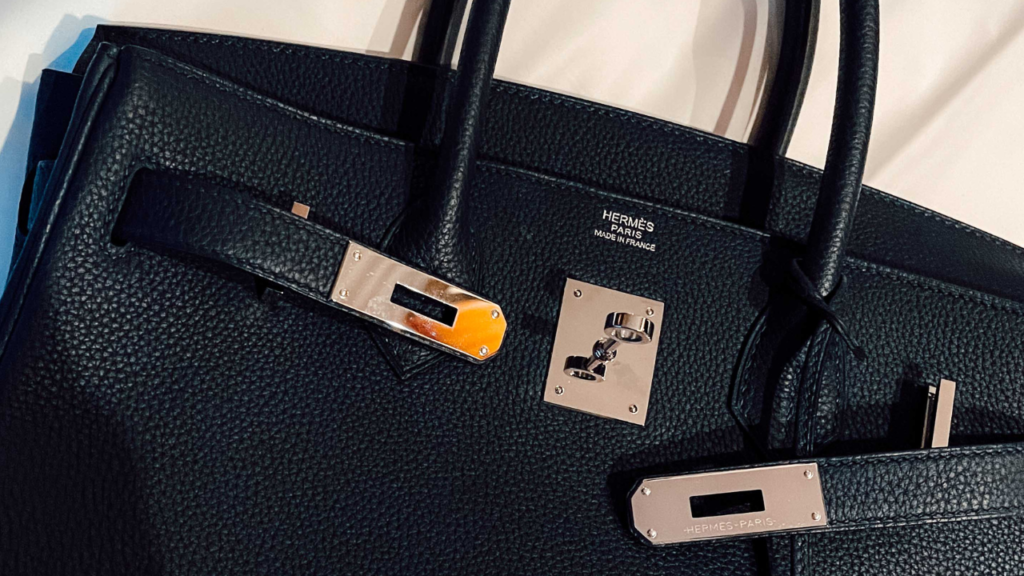
Hermès, another beacon of independent luxury, was established in 1837. It began as a harness workshop and evolved into one of the world’s most exclusive luxury brands. The company is still largely family-owned, with the sixth generation of the Hermès family involved in its operations.
Family Ownership and Business Model: This continuous family involvement has allowed Hermès to maintain its distinctive craftsmanship and dedication to quality. Hermès is renowned for its meticulous attention to detail and the use of the finest materials, with many of its products being handcrafted by skilled artisans.
Unique Appeal in the Luxury Market: Hermès sets itself apart with iconic products like the Birkin and Kelly bags, which have transcended mere accessory status to become cultural symbols. The brand’s commitment to exclusivity is evident in its controlled production and distribution, ensuring that each Hermès product is a coveted, timeless piece.
Rolex
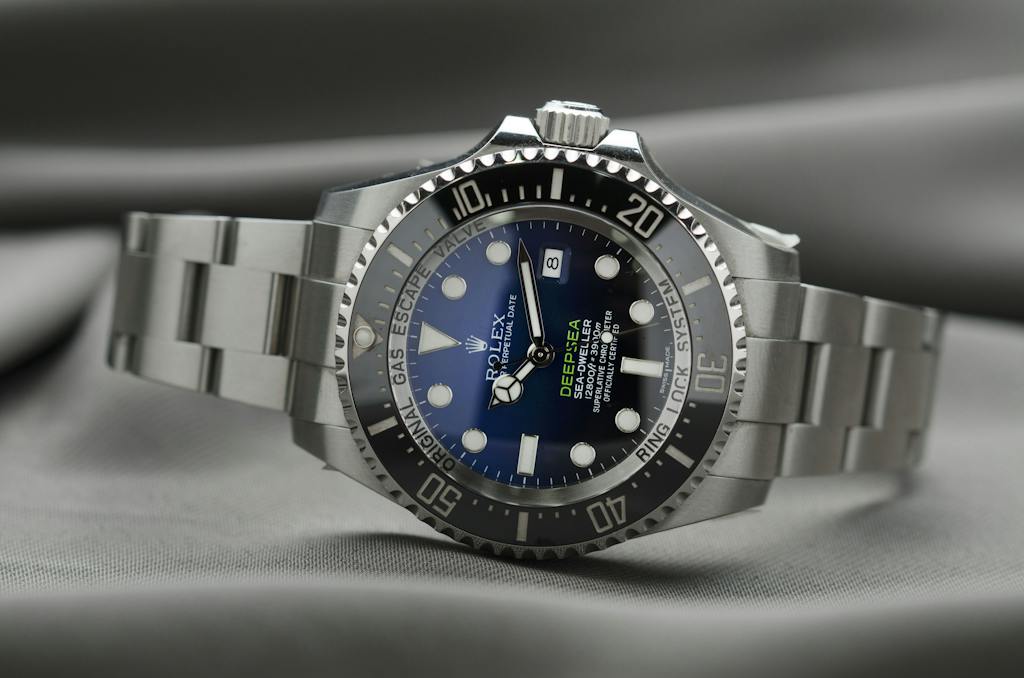
Rolex, the Swiss luxury watchmaker, was founded in 1905 and has been privately owned by the Hans Wilsdorf Foundation since the 1960s. Rolex’s independence is a rarity in the luxury watch industry, dominated by large groups like Richemont and LVMH.
Private Ownership and Exclusivity: Rolex’s private ownership allows it to focus on long-term brand value and craftsmanship excellence rather than short-term financial gains. This approach has positioned Rolex as a symbol of enduring prestige in the watchmaking world.
Impact and Status in the Luxury Watch Industry: Known for its precision and durability, Rolex watches are more than timepieces; they are symbols of achievement and success. The brand’s commitment to quality and its iconic designs have earned it a loyal following and a strong presence in both the consumer and collector markets.
Prada
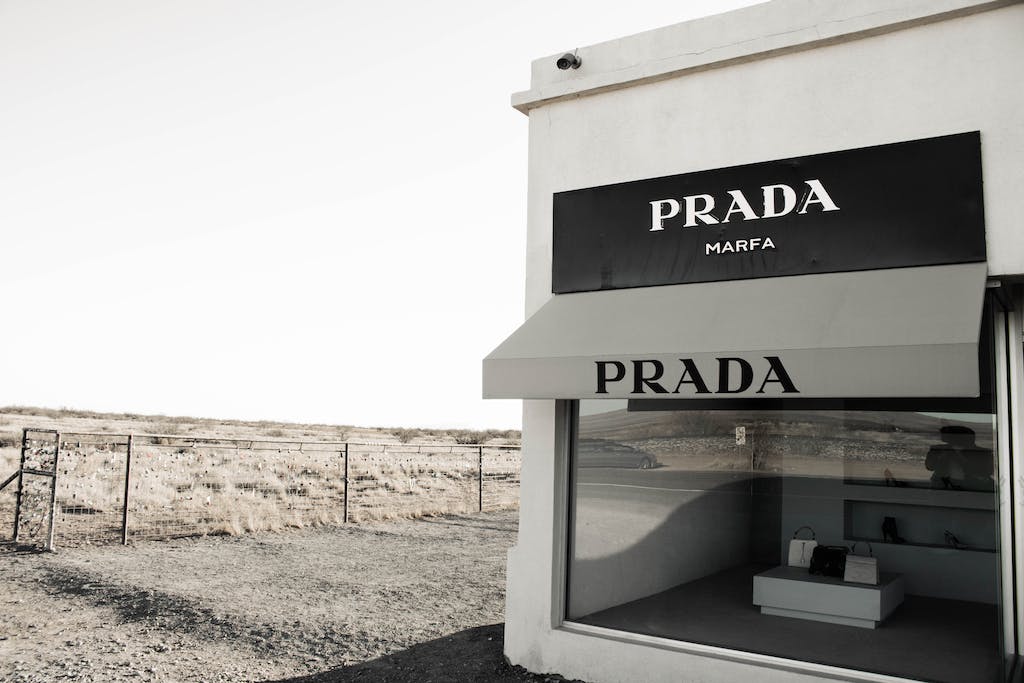
Prada, founded in 1913 by Mario Prada, is a prominent name in the luxury fashion world. Today, it is part of the Prada Group, which includes other brands like Miu Miu and Church’s. The company remains largely under the control of the founding family, with Miuccia Prada and Patrizio Bertelli at the helm.
The Prada Group’s Ownership Structure: Despite its listing on the Hong Kong Stock Exchange, the Prada family maintains substantial control, allowing the brand to pursue its unique vision without external pressures.
Innovation and Design Philosophy: Prada is celebrated for its innovative design approach, often blending high fashion with unconventionality. The brand’s ability to continually reinvent itself while staying true to its roots is a testament to its independent spirit. Prada’s influence extends beyond fashion to the realms of art, architecture, and film, showcasing the brand’s commitment to cultural engagement.
Exploring Other Major Players Not Owned by Kering
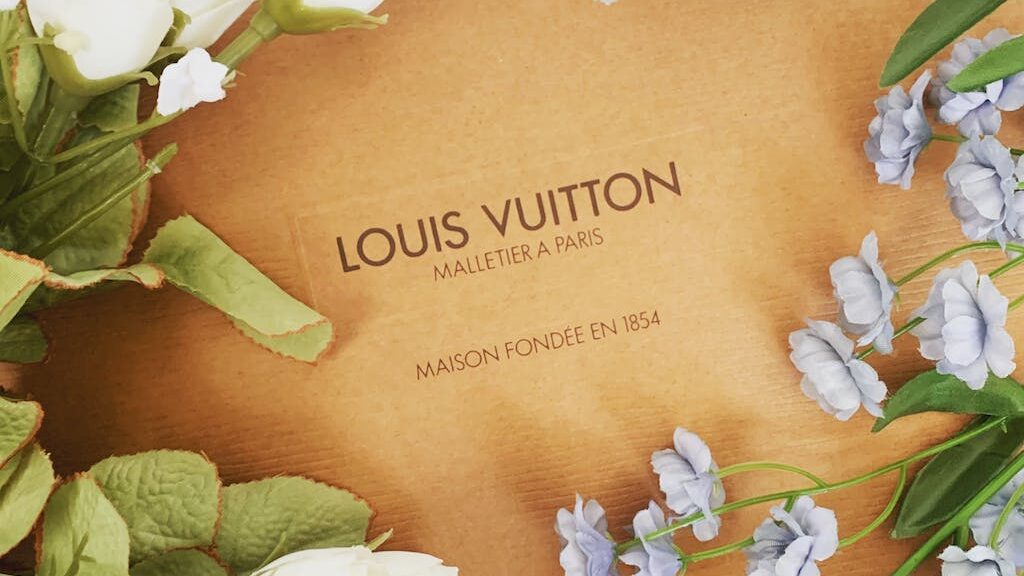
LVMH-Owned Brands
LVMH Moët Hennessy Louis Vuitton, the world’s largest luxury goods company, is often seen as Kering’s primary competitor in the luxury space. LVMH’s portfolio encompasses over 70 brands across various sectors, including fashion and leather goods, wines and spirits, perfumes and cosmetics, watches and jewelry, and selective retailing.
Key fashion houses under LVMH include Louis Vuitton, Christian Dior, Fendi, Givenchy, and Marc Jacobs. Louis Vuitton, the flagship brand, is synonymous with luxury travel goods and fashion, while Christian Dior is celebrated for its elegant haute couture and ready-to-wear collections.
LVMH’s business model focuses on brand heritage and artisanal craftsmanship. Unlike Kering, which leans towards modernity and avant-garde fashion, LVMH places a greater emphasis on the historical legacy and timelessness of its brands. This approach has helped LVMH’s brands maintain a strong sense of identity and tradition.
Richemont-Owned Brands
Compagnie Financière Richemont, commonly known as Richemont, is another significant player in the luxury sector, primarily known for its expertise in jewelry, watches, and writing instruments. Unlike Kering and LVMH, Richemont’s focus is more concentrated in the areas of hard luxury goods.
Richemont owns several high-end watchmakers like Cartier, Vacheron Constantin, and Jaeger-LeCoultre. Cartier, one of its most prestigious brands, is famed not only for its watches but also for its exquisite jewelry collections. Vacheron Constantin, the oldest continuously operating watch manufacturer, is celebrated for its technical precision and elegant designs.
Richemont’s strategy differs from Kering in that it focuses more on heritage, craftsmanship, and timeless elegance in the realm of hard luxury. The group is less involved in the fashion and leather goods sector, allowing it to specialize and excel in its chosen fields.
The Importance of Independent Luxury Brands

Contribution to Diversity in the Fashion Industry
In the realm of high fashion, independent luxury brands hold a crucial role in fostering diversity and innovation. Each brand, with its unique heritage, design philosophy, and business model, contributes a distinct voice to the fashion narrative. This diversity is not merely about different styles or aesthetics; it’s about varied approaches to creativity, craftsmanship, and luxury.
Independent brands like Chanel and Hermès, with their rich histories and steadfast commitment to quality, offer a counterpoint to the rapidly changing trends often seen in fashion conglomerates. Their approach to luxury is more personal, steeped in tradition yet continuously evolving. This diversity in perspectives and practices enriches the industry, providing consumers with a broad spectrum of choices that resonate with different tastes, values, and traditions.
How Independence Shapes Brand Identity and Customer Experience
An independent luxury brand’s identity is deeply intertwined with its history, founders, and the values it upholds. This independence allows them to craft a more intimate and authentic brand narrative, one that resonates deeply with their clientele. For example, Rolex’s reputation for precision and durability is not just a marketing message but a reflection of its century-long commitment to excellence in watchmaking.
This authenticity extends to the customer experience. Independent brands often have more control over how they interact with their customers, from the retail environment to after-sales service. This control enables them to provide a customer experience that is consistent with their brand values and heritage, creating a deeper connection with their clientele.
Impact on Global Luxury Trends and Innovation
Independent luxury brands are often at the forefront of setting global trends and pushing the boundaries of innovation. Their autonomy allows for a level of creativity and risk-taking that might be stifled in a larger corporate structure. For instance, Prada’s ability to blend high fashion with a hint of unconventionality has not only set trends but also challenged conventional notions of luxury and beauty.
Moreover, these brands play a vital role in keeping the industry dynamic. Their individualistic approaches to design, production, and marketing inject a healthy competition into the market, pushing all players, including large conglomerates like Kering, to continuously evolve and innovate.
Conclusion
While Kering owns several influential luxury brands, there are many prestigious names like Chanel, Hermès, Rolex, and Prada that stand independently, each bringing their unique flair and heritage to the luxury market. Their distinct identities and craftsmanship continue to shape the landscape of luxury fashion, offering diverse choices to consumers worldwide.
FAQs
What defines an independent luxury brand?
An independent luxury brand is one that operates autonomously, often owned by a family or private entity, allowing for distinct creative and business approaches separate from larger conglomerates.
How do independent luxury brands differ from those owned by conglomerates like Kering?
Independent brands often have a more personal brand narrative, focused on heritage and craftsmanship, and they usually exercise greater control over their customer experience and creative direction.
Can independent luxury brands compete effectively with larger conglomerates?
Yes, their unique brand identities, commitment to quality, and innovative approaches allow them to compete effectively, often setting global trends and standards in the luxury market.
